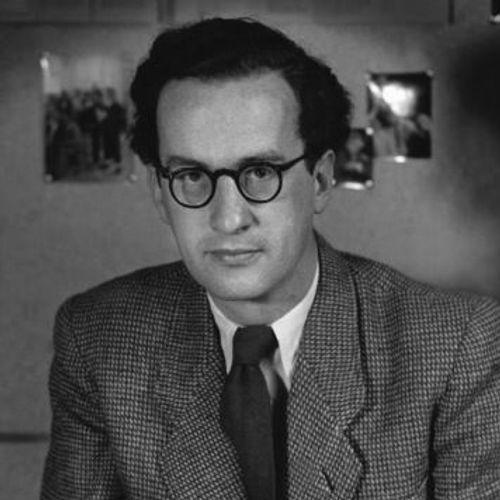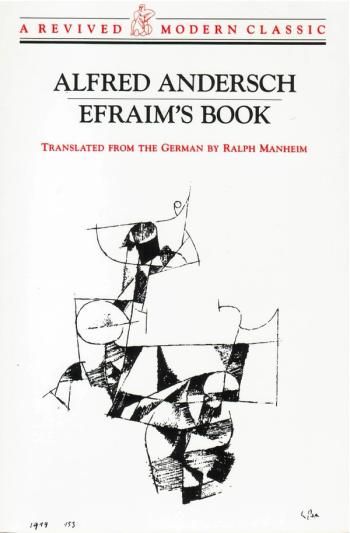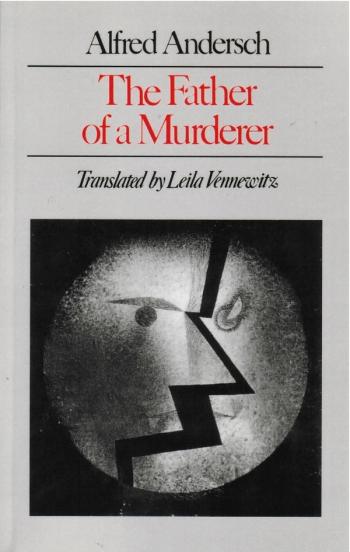Alfred Andersch
Alfred Andersch (1914–1979) was born in Munich, Germany into a comfortable middle-class life that he soon rejected. He spent six months in the Dachau concentration camp because of his activities as a Communist youth leader in 1933. After World War II, he worked as an editor for several newspapers, a broadcaster, and a freelance writer. He was a founder of Germany’s ’Gruppe 47’ school of experimental fiction, whose members include Heinrich Böll, Günter Grass, and Jokov Lind. Influenced by Sartre and Koestler, Andersch became one of the fathers of humanist plurality in West Germany. From 1955 to 1957 he edited the periodical Texte und Zeichen, in which a great variety of German intellectuals, writers, and poets (e.g., Adorno, Celan, Enzensberger, Heißenbüttel, Grass, Golo Mann, Arno Schmidt, W. Jens, M. Walser) were represented, as well as a handful of foreign writers (e.g., Hemingway, Faulkner, Sartre, and Camus). In 1958 he relinquished his positions and settled in Berzona (Val Onsernone), acquiring Swiss nationality in 1972.
His fiction’s stylistically experimental aesthetic reflects both his refusal to surrender to political ideology, and his interest (spawned by his humanism) in the individual’s social and humanitarian response to the demands of conscience at moments of free choice.


